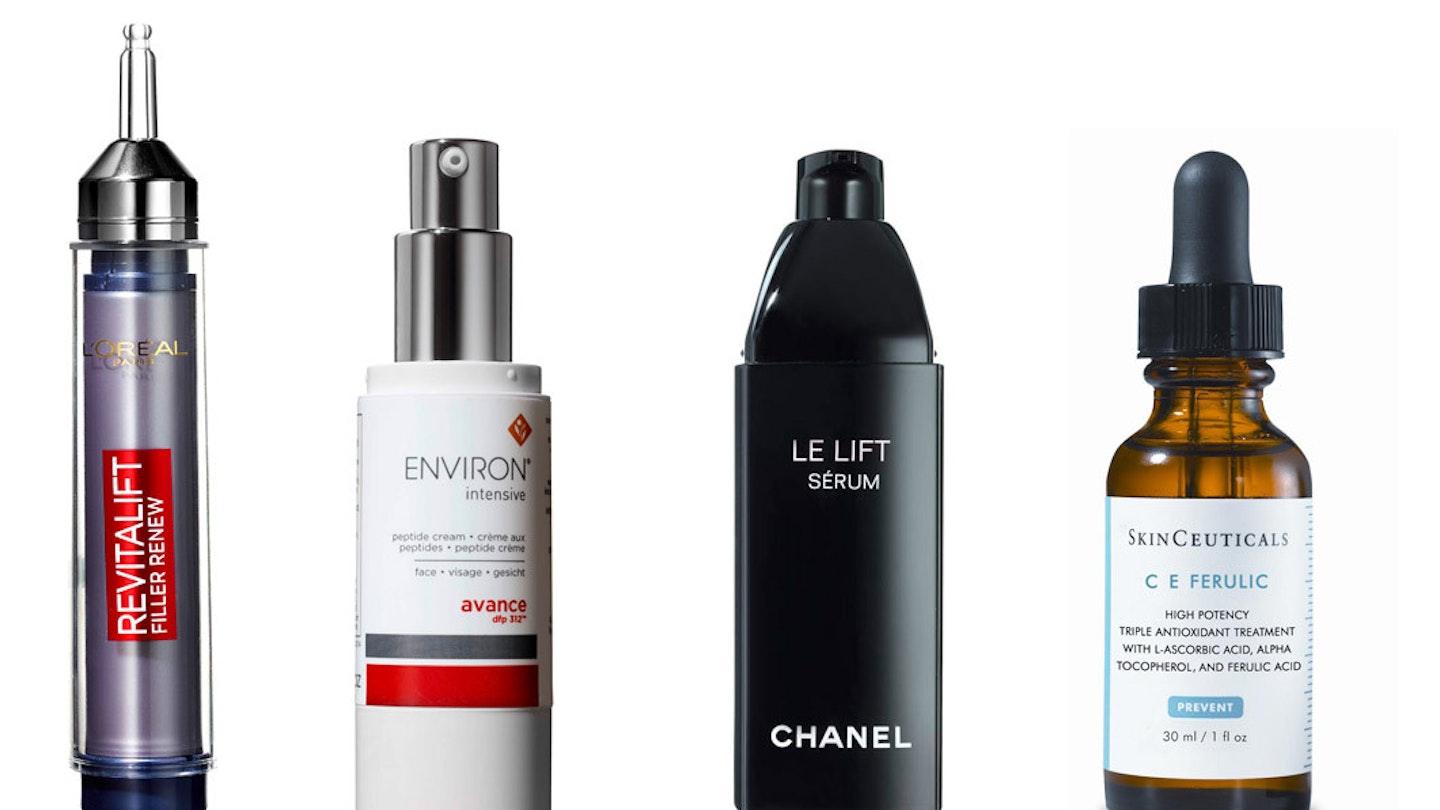When it comes to beauty products, it’s hard not to judge a book by its cover. But when choosing our arsenal of beautifiers, it’s rare that we consider that the packaging needs to be more than just a pretty face.
While most of us would think that our favourite pot of moisturizer is good to the last drop, environmental aggressors can cause that once-hydrating, all-smoothing cream to lose efficacy fast – even when the lid’s screwed on shut.
Paula Begoun, founder of Paula’s Choice, has always been rigorous about choosing packaging that’s not solely form over function. “The best packaging,” Paula told us, “Is primarily packaging that keeps your fingers, air, and daylight out of the package. Tubes, containers with a tiny opening, or airtight jars and pumps are by far the best options.”
Not only do jars allow for cross-contamination from your fingers (which is bacterial damage), every time you open that lid, you’re letting light and air into the jar – and no matter how natural the product is, it does not want to photosynthesise at this point.
Paula adds, “In general, all ingredients break down with exposure to air – but some more than others. Ingredients like antioxidants, especially plant extracts, plant oils, and vitamins readily and easily break down.”
Antioxidants in particular are what make anti-ageing creams so expensive – and effective. Their role in fighting free radicals is a key defence in the war against wrinkles. If you’ve forked out for a jar of pricey cream or serum and noticed a positive change in your skin that then plateau’d, this process of degradation could be to blame.
Equally, cult skincare brand SkinCeuticals goes to great lengths to protect their products. “We use Type III Amber Glass, which doesn’t break down and release salt into the product, which other kinds of glass can do.", a representative for the brand told us.
As for the amber colour? “Light sensitive products must be packaged in amber glass. Amber glass is formulated to absorb UV light. Antioxidants like Vitamin C and Resveratrol are sensitive to air, light and metal ions which is why amber glass is ideal to maintain their efficacy.” Clever stuff, right?
However, even though there is some consumer demand for products with more hygienic pumps and flip tops, jars remain a firm favourite on British beauty counters. Paula explained, “Jar packaging assures you can use every last drop of the product, and when you’re spending a lot of money you absolutely want to get the most out of it. There is also the sensual experience of touching the cream and the wafting fragrance that happens every time you take the lid off the container.”
“In fact one of the reasons cosmetic companies use fragrance in skincare products is not because of its benefit for skin, but because it covers the smell of deteriorating ingredients especially plant oils and extracts.” Who knew?
